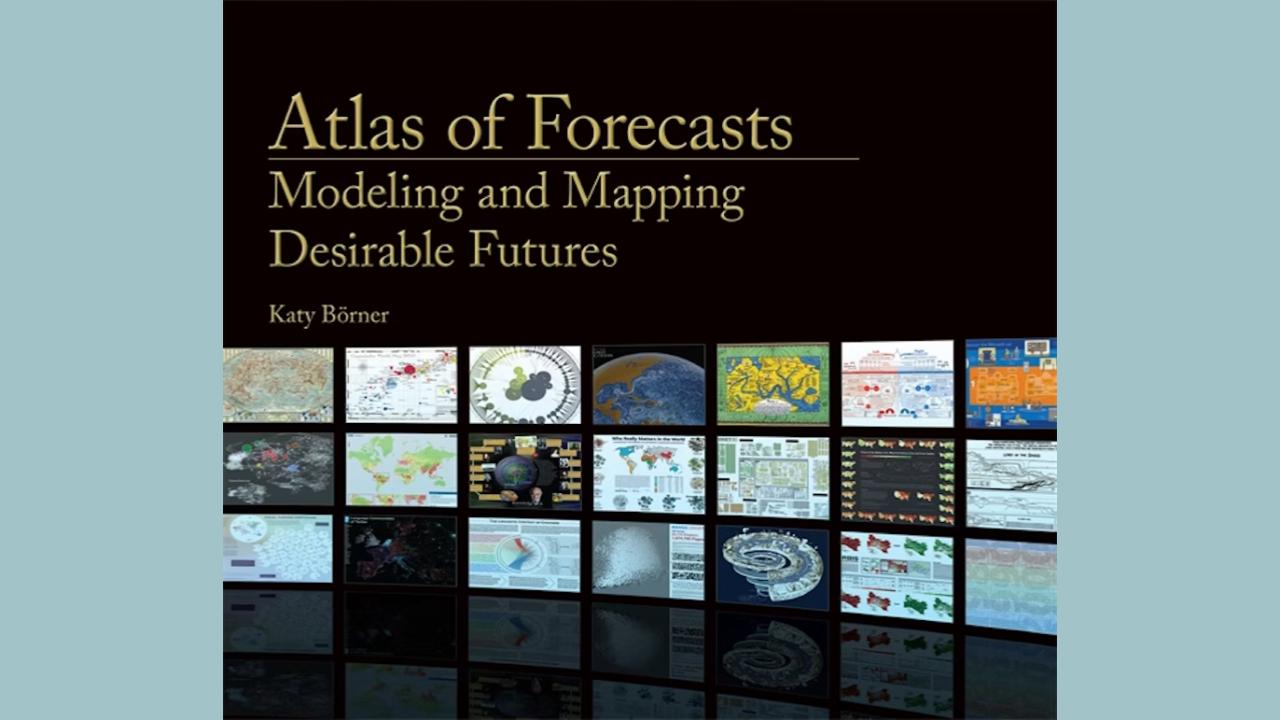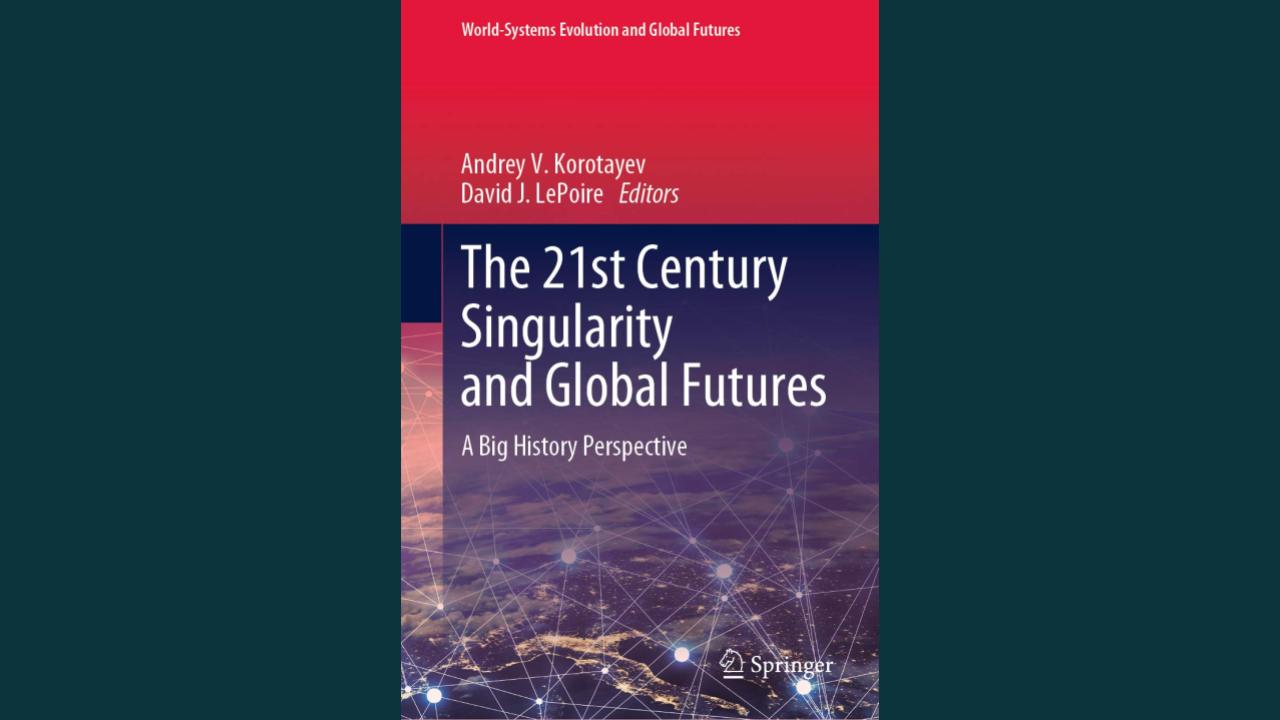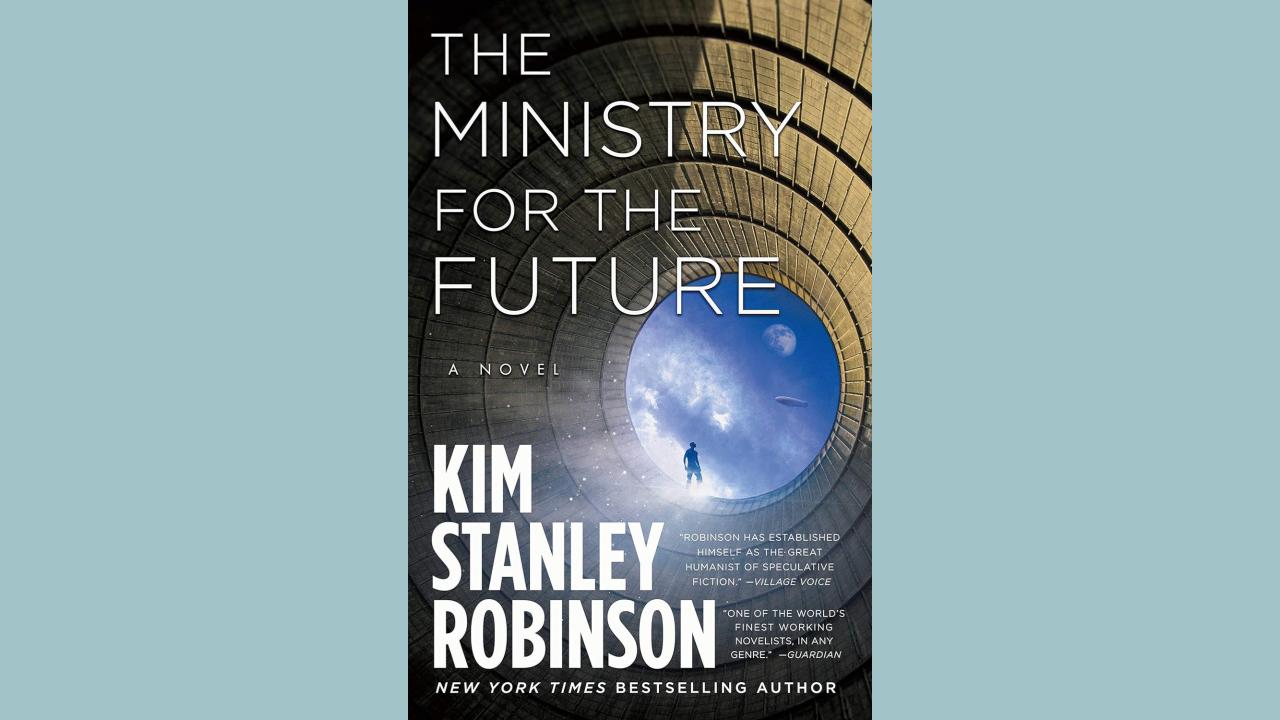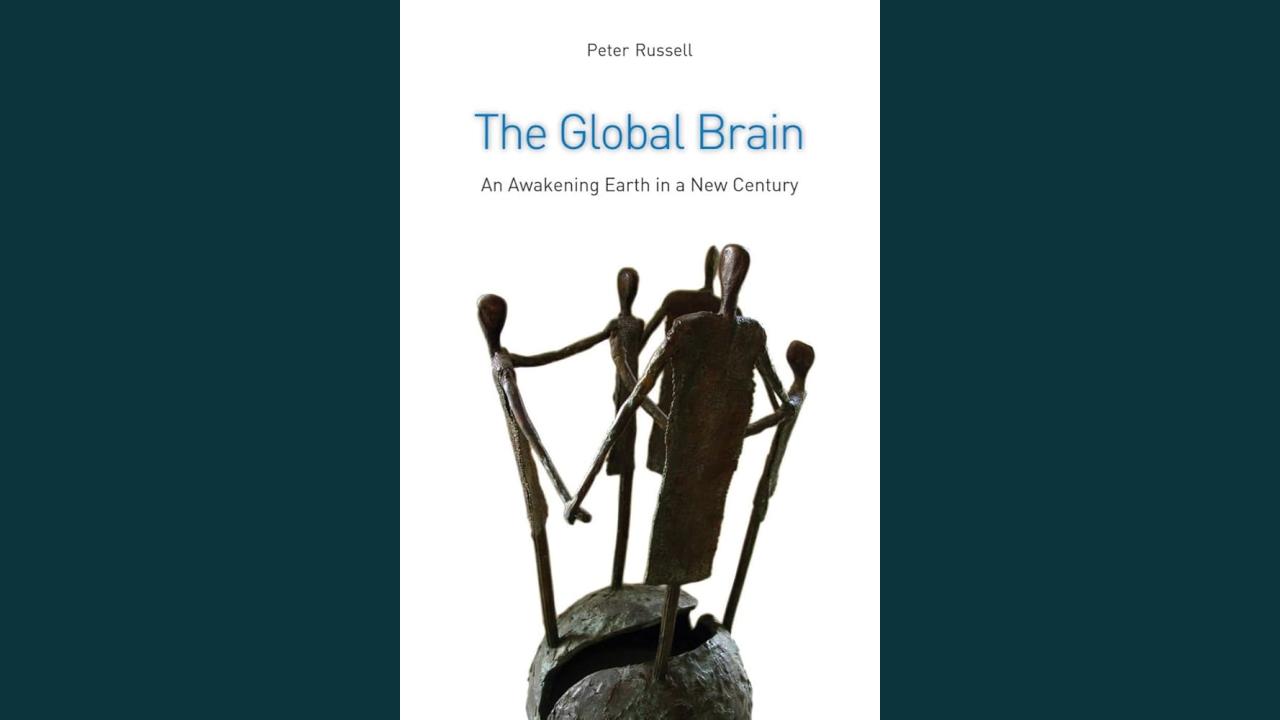Summary
Forecasting the future with advanced data models and visualizations.
To envision and create the futures we want, society needs an appropriate understanding of the likely impact of alternative actions. Data models and visualizations offer a way to understand and intelligently manage complex, interlinked systems in science and technology, education, and policymaking. Atlas of Forecasts, from the creator of Atlas of Science and Atlas of Knowledge, shows how we can use data to predict, communicate, and ultimately attain desirable futures.
Using advanced data visualizations to introduce different types of computational models, Atlas of Forecasts demonstrates how models can inform effective decision-making in education, science, technology, and policymaking. The models and maps presented aim to help anyone understand key processes and outcomes of complex systems dynamics, including which human skills are needed in an artificial intelligence–empowered economy; what progress in science and technology is likely to be made; and how policymakers can future-proof regions or nations. This Atlas offers a driver’s seat-perspective for a test-drive of the future.
Source: MIT Press
OnAir Post: Atlas of Forecasts
About
Katy Börner
Katy Börner’s work expands the possibilities of data analysis and visualization. A scholar, designer, author, and educator, she inspires a diverse global audience to transform data into visualizations that are insightful and actionable to improve the human condition. Her mission to promote data literacy across all age groups has led her to explore many types of media, to give talks at all sizes of venues, and to have her exhibits hosted everywhere from the local library to world-renowned museums, science academies, and global institutions.
At Indiana University, Börner is the Victor Yngve Distinguished Professor of Intelligent Systems Engineering and the founding director of the Cyberinfrastructure for Network Science Center (CNS). She is also a Humboldt Fellow and a Fellow of the American Association for the Advancement of Science (AAAS) and the Association of Computing Machinery (ACM).
Web Links
Research
As director of the Cyberinfrastructure for Network Science Center, she leads a team of faculty, professional staff, and students with skills in data visualization, research and application development, exhibit design, and media and interface design. She and her team research, develop, and serve innovative methods to model and visualize data from science, technology, biomedicine, education, and public policy so many can make better decisions that lead to more desirable futures. In 2021, she completed the Atlas Trilogy—an 18-year effort to introduce models and maps of science to general audiences via large-format coffee table books.
Since 2020, she leads the Human Reference Atlas effort that aims to construct a multiscale, multimodal, three-dimensional atlas of the anatomical structures and cells in the healthy human body.







